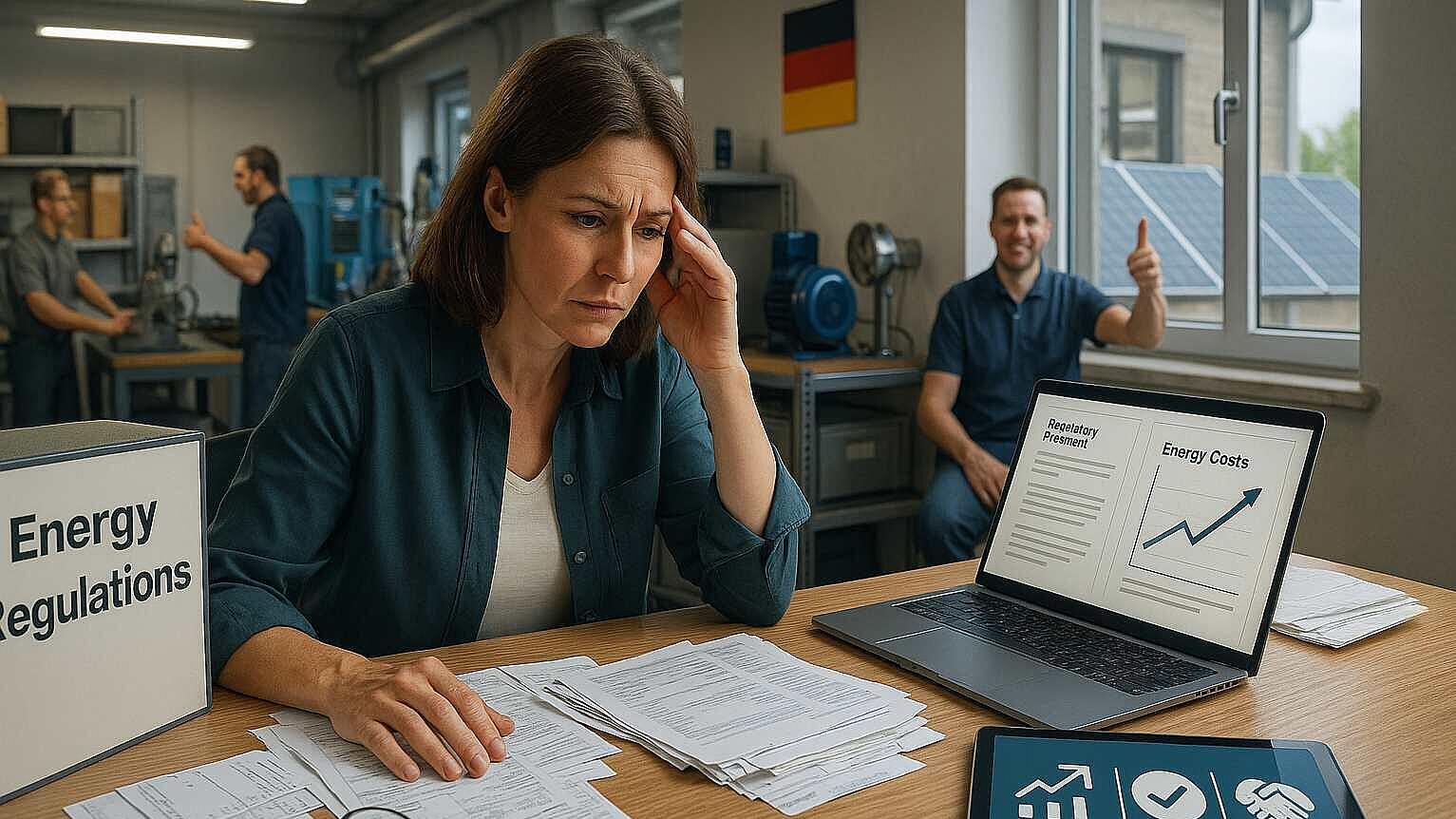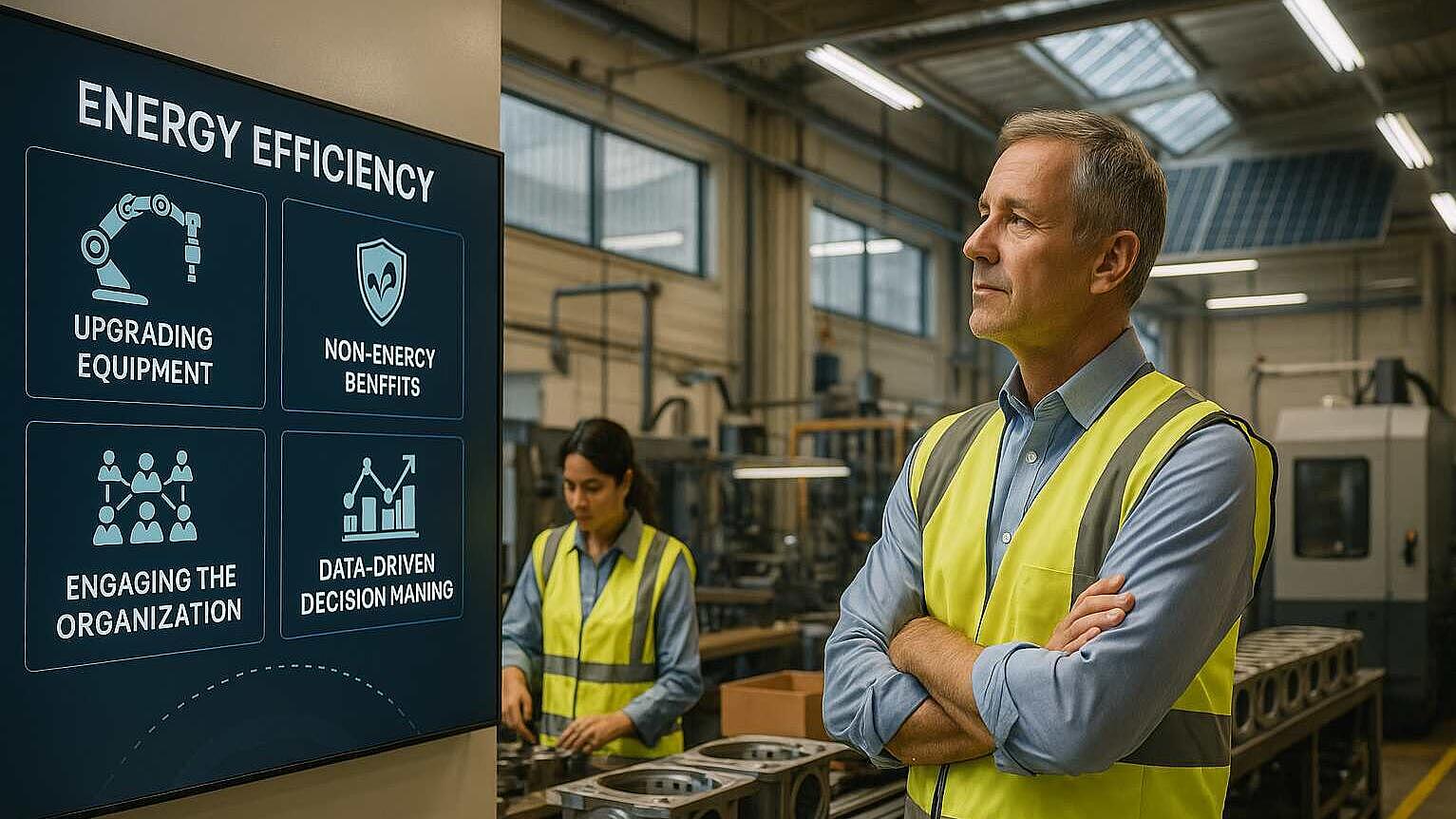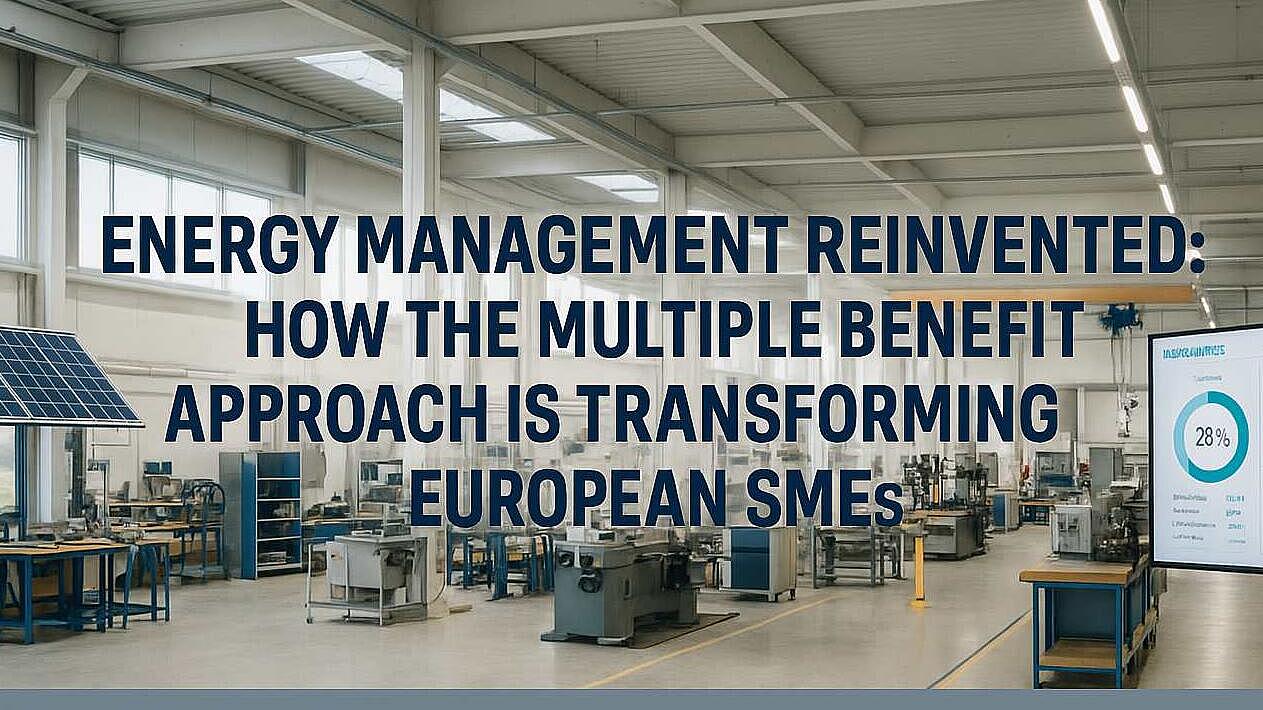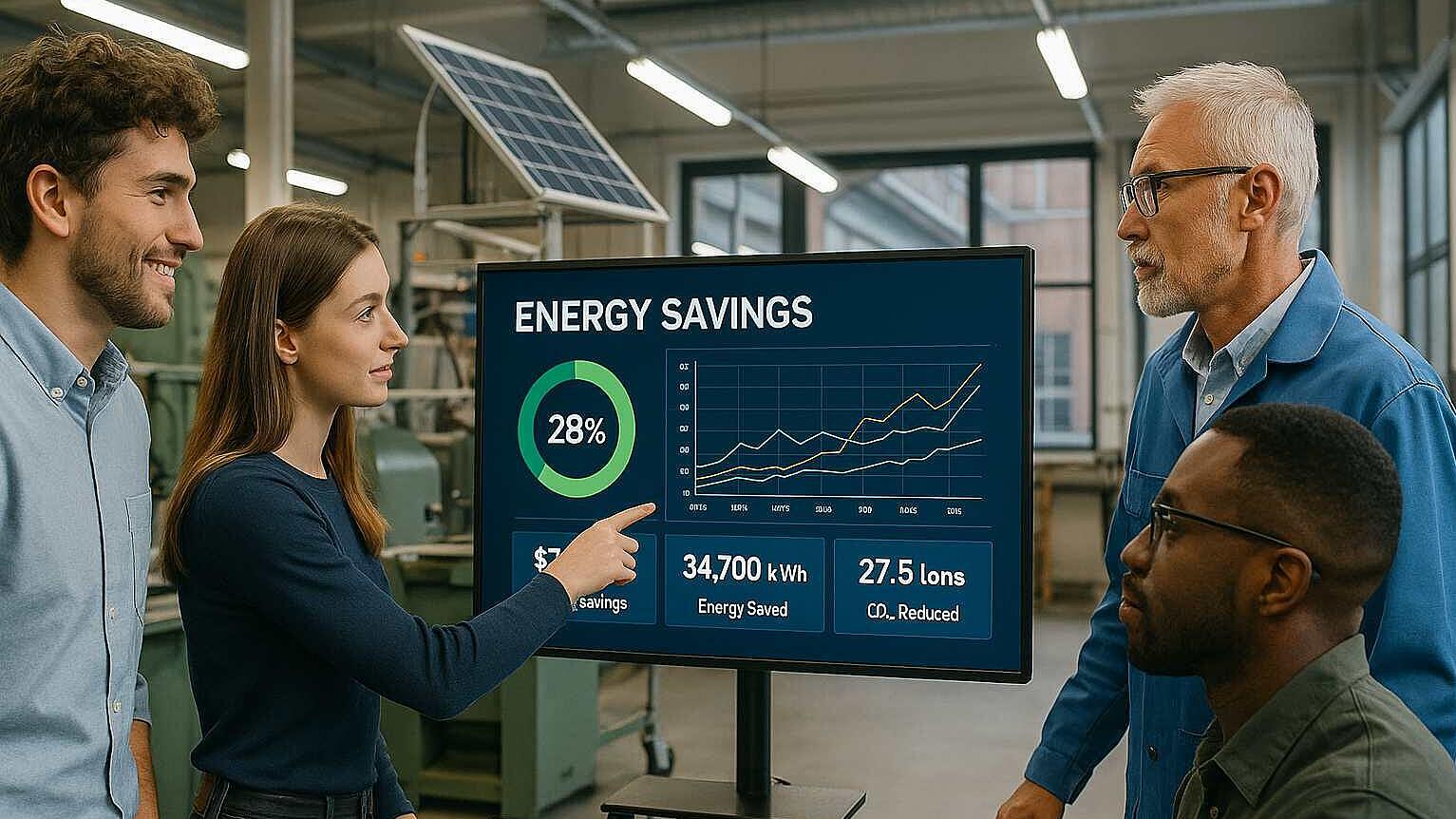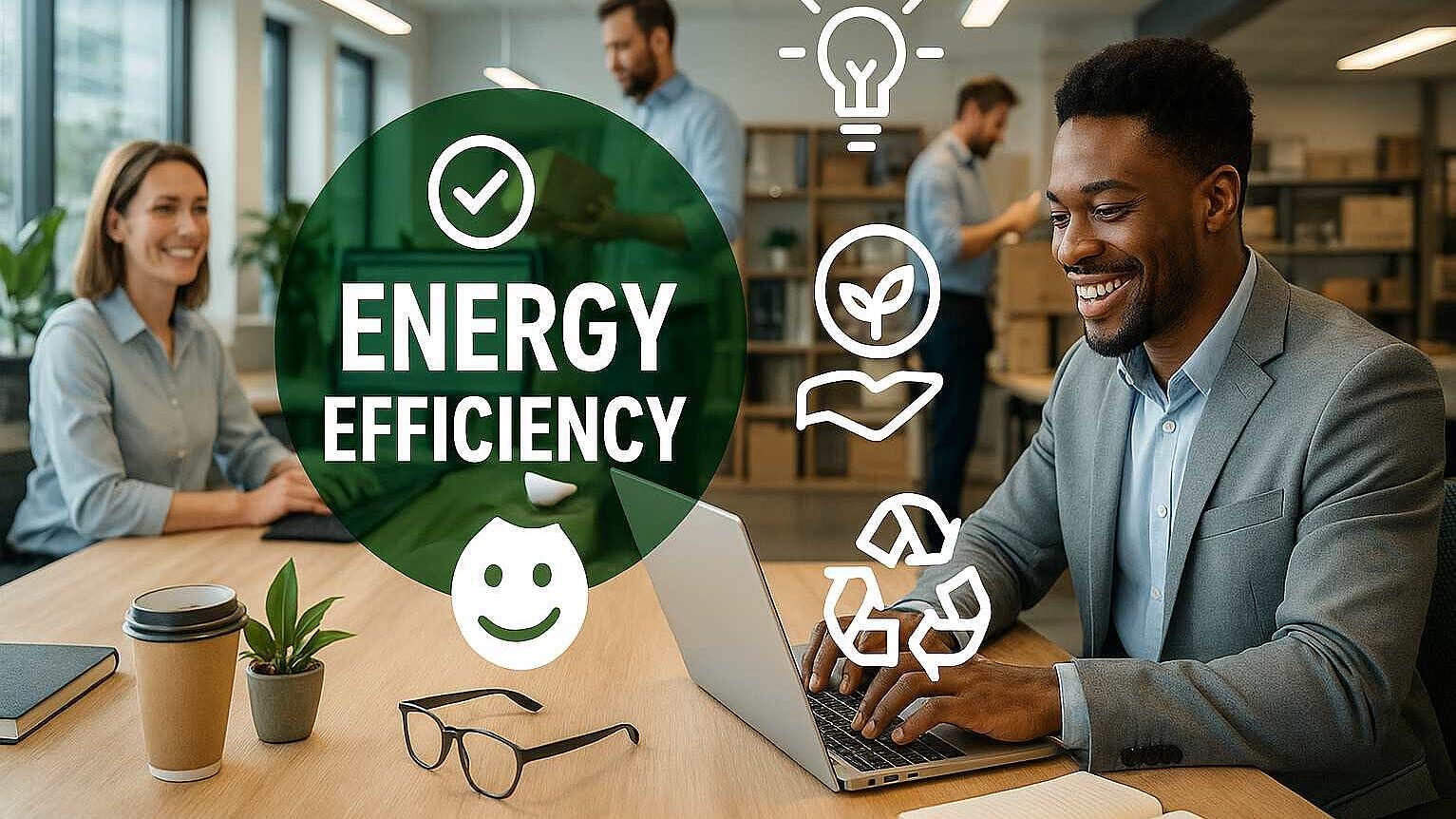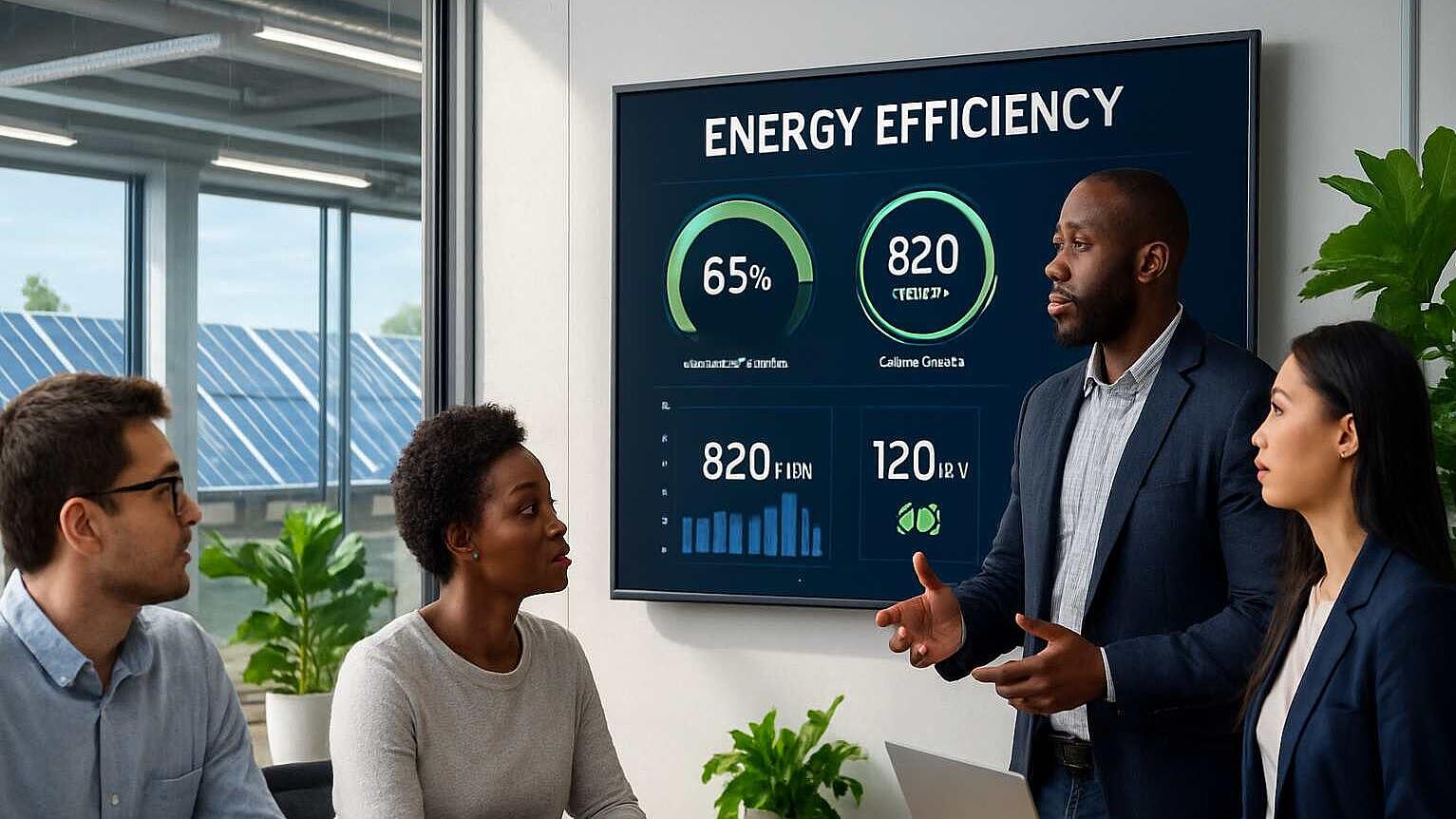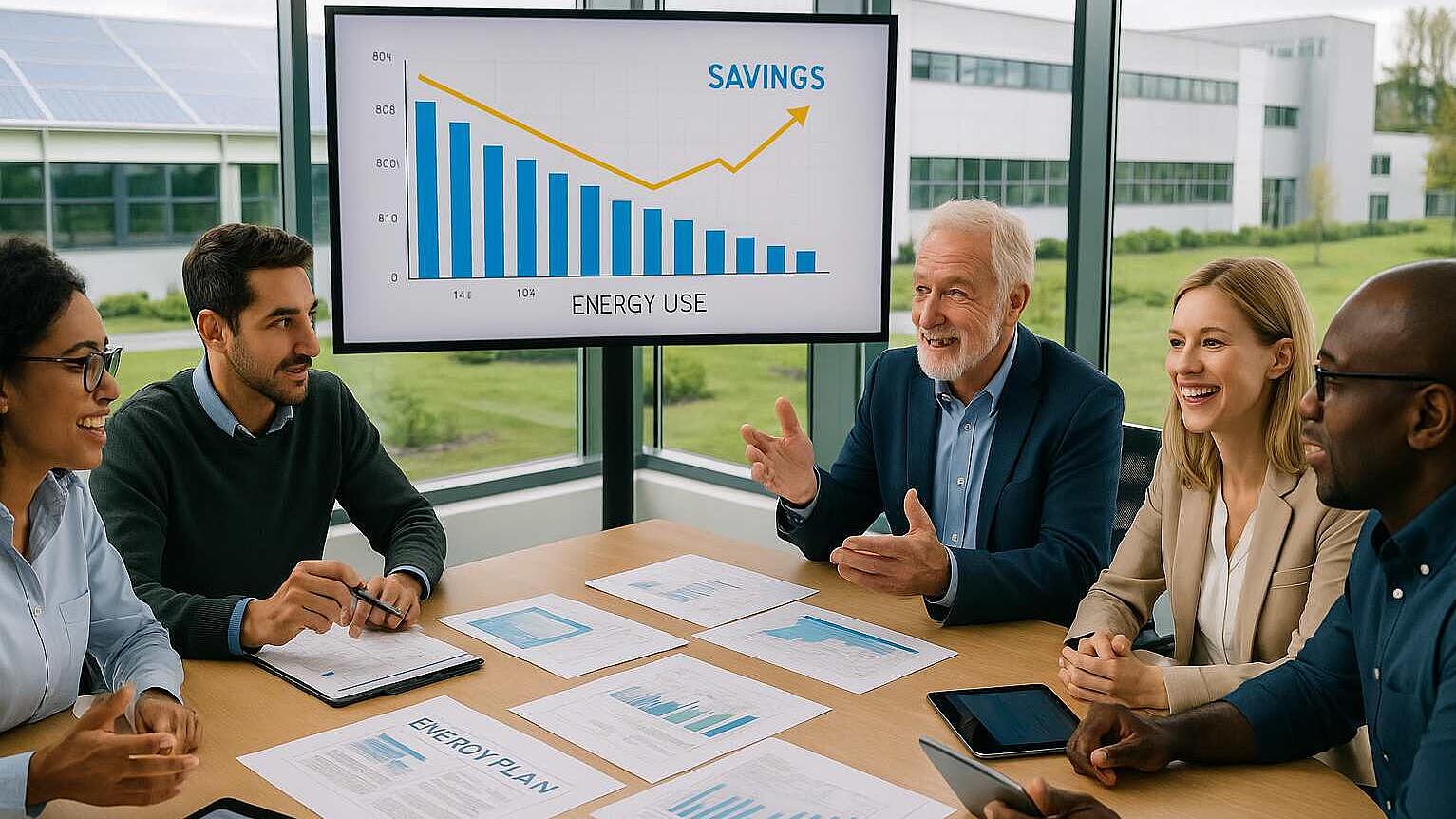 Articles
ArticlesThe DEESME project aims to enhance energy efficiency in European SMEs by streamlining national schemes and creating user-centered recommendations that simplify and encourage energy efficiency investment. These recommendations address the barriers faced by SMEs, such as lack of information, complex regulations, and limited resources. Five main recommendations emerge from the project: 1. Develop One-Stop Information Hubs at national or regional levels, offering clear and accessible information on energy-related obligations, incentives, and funding opportunities, with an emphasis on ease of use and visual engagement. 2. Institutionalize the consideration of Multiple Benefits in energy audits, highlighting the broad advantages of energy efficiency beyond energy savings, and incentivizing projects that commit to such benefits. 3. Simplify Policy with structured, easy-to-read guidelines that clarify obligations and demonstrate the integration of energy audits with broader sustainability goals. 4. Encourage Carbon Footprint Tracking and incentivize companies to compete in carbon reduction achievements, creating benchmarks that stimulate industry-wide improvement. 5. Promote Benchmarking and Sector Comparisons, enabling companies to gauge their performance against industry peers, thus motivating energy efficiency initiatives through the establishment of transparent benchmarks. Stakeholders emphasized the need for financial incentives, simplicity, trustworthy relationships, effective communication, and long-term support. For future professionals, DEESME highlights the importance of interdisciplinary skills required in the energy sector, focusing on policy design, digital marketing, and change management. The project also advocates for the involvement of individuals in energy policy through educational tools like the EnerWhizz mobile quiz game.
Read Full articleBeyond Energy Savings: How European SMEs Are Leading the Way with the Multiple Benefits Approach
The DEESME project demonstrates how SMEs across Europe benefit from integrated energy audits by achieving energy savings and unlocking multiple business advantages, such as enhanced innovation, employee satisfaction, and resilience.
Read Full articleEnergy Management Reinvented: How the Multiple Benefit Approach Is Transforming European SMEs
The DEESME project promotes a Multiple Benefit approach, integrating energy efficiency with broader business goals in SMEs, aligning with EU sustainability policy and enhancing various non-energy aspects, such as safety and product quality.
Read Full articleUnlocking Energy Efficiency in SMEs: Lessons from Seven European Projects
Despite representing a significant portion of Europe's energy demand, most SMEs face challenges in adopting energy efficiency measures due to financial constraints, lack of knowledge, time pressures, and cultural inertia. However, research from seven European projects suggests that targeted training, energy audits, and collaboration can overcome these barriers, with the potential for substantial savings and competitiveness enhancements.
Read Full articleRethinking Energy Audits: How a Multiple Benefits Approach Empowers Sustainable Business
The DEESME project promotes a Multiple Benefits Approach to energy auditing, integrating energy efficiency with broader business strategies for small and medium-sized enterprises (SMEs), aiming to generate value across various organizational aspects, thus transforming compliance into strategic opportunity.
Read Full articleBeyond Energy Savings: Unlocking the True Value of Energy Efficiency for Future Leaders
The M-Benefits research across 23 pilots identified 251 non-energy benefits (NEBs) of energy efficiency, quantifiable in 58% of cases, markedly increasing average internal rate of return and shortening payback periods, thereby underscoring their strategic business significance.
Read Full articleUnlocking Competitive Advantage: The Overlooked Multiple Benefits of Energy Efficiency in Business
Energy efficiency offers more than cost savings, including improved product quality, employee well-being, and corporate reputation. Its strategic value is underestimated due to non-energy benefits being often invisible and unquantified in decision-making processes.
Read Full articleEnergizing Change Together: The Power of Energy Efficiency Networks
Energy Efficiency Networks (EENs) promote cooperation between companies to improve energy usage and reduce carbon emissions. Over 1,300 networks exist globally, with Germany and China leading the way. EENs encourage sharing best practices, setting targets, and implementing energy-saving measures, with proven results in energy and CO2 reductions. This collaborative model supports achieving national and international climate goals and drives innovation across industries.
Read Full articleUnlocking the Power of Industrial Symbiosis: How Data Exchange Fuels Collaboration and Innovation
The CORALIS project examines data exchange in industrial symbiosis networks, identifying lack of standardization and proposing a structured communication framework to improve trust, efficiency, and innovation for sustainable industrial practices.
Read Full articleCracking Open Energy Efficiency This Easter!
Easter impacts energy demand, with UK households increasing electricity use during the holiday. Efficient practices and sustainable choices in areas like confectionery production and rabbit farming can mitigate environmental effects and promote energy savings across sectors.
Read Full article